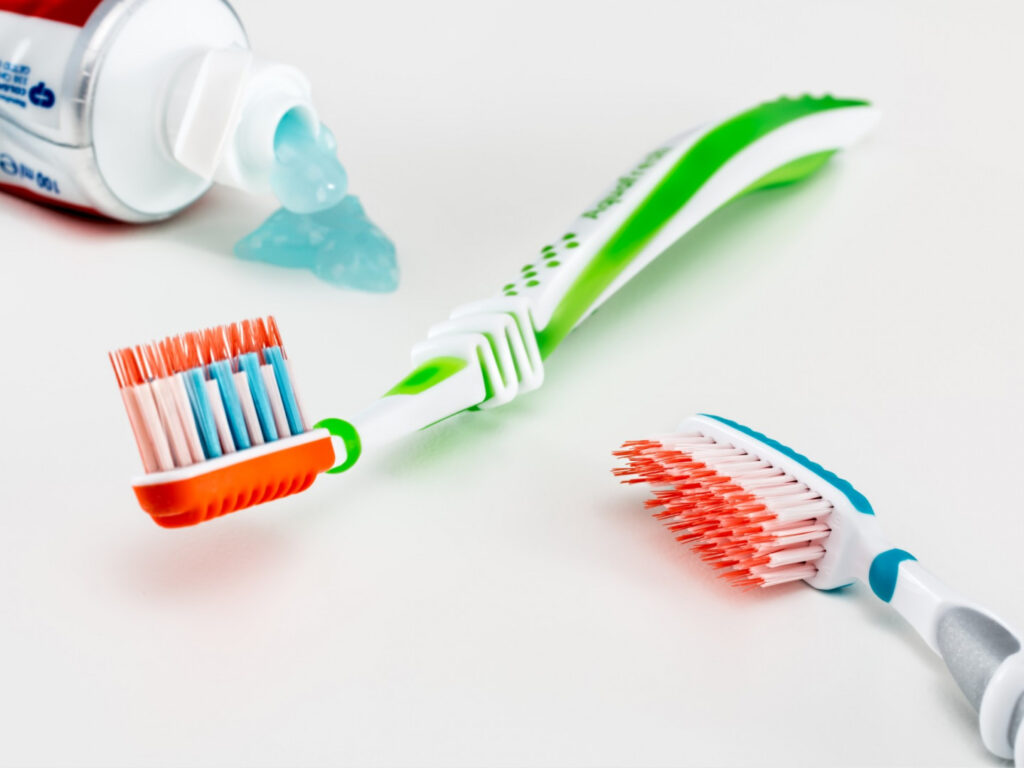
Do you have missing teeth? Are you suffering from tooth decay? Or perhaps you have a hard time smiling because of your yellow or brownish teeth? These are some of the dental issues that hound millions of adults in the United States. But did you know that dental problems can also affect you psychologically? Are you aware that your oral health can impact your mental health?
One in five American adults experiences mental illness. That is about 46 million adults facing psychological problems. And oral health issues on the side can only compound the situation.
There is a saying that oral health is a window to your overall health. So if you have dental problems, you need to address them accordingly.
Continue reading below as we discuss the relationship of oral health and dental health.
Oral Health and Mental Health: How They Intertwine
Oral health in America, as well as in other parts of the world intertwines with mental health.
Let’s take a look at how oral health can affect your mental health and vice versa.
Affects Self-Confidence
Poor oral health leaves a negative impact on the way you feel about yourself.
Tooth loss or tooth decay can lower your self-confidence.
Instead of sporting a great smile, you will opt to close your mouth.
Moreover, you may also suffer from chronic bad breath.
You may also struggle with eating or speaking.
These problems can affect your self-esteem in a negative way.
Low self-esteem can lead to depression.
Contributes to Memory Loss
Studies also show that poor oral health can contribute to memory loss.
When bacteria builds up inside your mouth, it may lead to diseases like Periodontitis and Gingivitis.
The bacteria can also travel to your brain through your bloodstream.
Once bacteria reaches your brain, it may cause inflammation. In worse cases, bacteria damages your brain’s neurons. Once bacteria compromises your neurons, it may lead to serious illnesses like dementia and Alzheimer’s disease.
Poor Oral Hygiene
As we mentioned earlier, mental health also affects oral health.
When a person is going through depression or high levels of anxiety, he tends to neglect his personal hygiene.
Even the simple task of brushing his teeth becomes taxing.
Poor hygiene opens the gates to all kinds of oral diseases.
Eating Disorders
One form of mental illness is Bulimia. It involves excessive overeating.
But the end result is the patient forcibly vomits everything he ingested.
The problem with Bulimia lies in the vomit.
It comes with high acidity levels that lower the calcium content of your teeth.
With less calcium, the teeth become weaker.
Poor Brushing Practices
People with bipolar disorder have the tendency to brush their teeth over-vigorously.
Poor brushing methods can damage the surface of the teeth.
Aggressive brush strokes can take out the enamel that protects the surface of the teeth.
What Can You Do?
There is a saying that prevention is better than cure.
If you take your oral health seriously, you can protect yourself from diseases that may arise from poor oral hygiene.
Here are some of the things you should do:
Brush, brush, brush
- Oral health starts with brushing. Make sure you brush your teeth daily. Do so at least two times a day.
- Don’t go to bed without brushing your teeth. When you are sleeping, there is less saliva movement in your mouth. Without the movement of your saliva, bacteria can easily multiply inside your mouth.
- Use toothpaste that has fluoride. Don’t forget to gargle with mouthwash once a day. You don’t need to go for a strong one.
Practice Flossing
- To complement your brushing, you need to floss your teeth once a day.
- The best time to floss is at night, before going to sleep.
- Flossing helps
Lower Sugar Intake
- Sugar is one of the favorite foods of bacteria. When there is sugar in between your teeth, expect bacteria to feast on them.
- Once bacteria takes over the sugar, they create acids in the process. It is the acids that damage your teeth’s enamel. Thus, you need to limit your sugar intake.
- Instead of drinking sodas, stick to water. Cut down on your sweets. Instead of snacking on candies and chocolates, go for a piece of apple.
- Not only is sugar bad for your teeth, but it can also lead to obesity and diabetes. Balance your diet by eating the right amounts of meat, vegetables, and fruits.
- Avoid processed foods as much as possible. Stick to the fresh ones as much as you can.
Quit Smoking
- If you are a smoker, you need to consider quitting. Not only is smoking bad for your general health, but it also causes discoloration on your teeth.
- Yellowish or brownish teeth are not a good sight to behold. But if you quit smoking, you can arrest the situation and take another step toward whitening your teeth.
Replace Your Toothbrush
- Don’t settle for a single toothbrush for more than three months.
- You need to replace it every two to three months. Keep in mind that the bristles wear down.
- If you see that the shape of the bristles is starting to point to the sides, it is time to replace your toothbrush soon.
See Your Dentist
- Last but not least, you need to visit your dentist regularly. By regular, we mean paying him a visit once every six months.
- Even if you brush your teeth regularly, there are areas on your teeth that you cannot reach. The dentist has the tools to clean those hard-to-reach areas.
- And if you are in danger of losing a tooth, your dentist can guide you toward the right steps to take.
Enjoy Topnotch Oral Health, Today!
Oral health is as important as the other aspects of your well-being. You can prevent all sorts of dental problems once you decide to take oral health seriously. If you are struggling with any kind of dental problems, we encourage you to visit our clinic. Give us a call or send us an email. Request an appointment and let us see how we can help improve your teeth and regain that old smile back.



